- Home
- Foot & Ankle Conditions
- Plantar Warts
Plantar Warts: symptoms, causes and treatments
- Published 11/1/2023
- Last Reviewed 12/18/2023
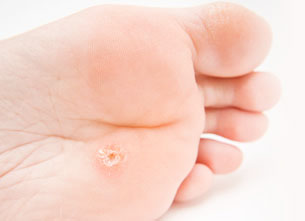
What are plantar warts?
Plantar warts are rough, hardened warts that grow in the outer layers of skin on the soles of the feet. Unlike other types of warts, such as filiform warts, which can appear on the neck, or periungual warts found on the hands, plantar warts only affect the feet—making podiatrists the best choice for plantar wart treatment!
Typically, they appear on the areas of your feet that bear the most weight: the balls and heels. Due to the pressure from the foot, plantar warts may start to grow inward instead of outward, causing them to appear as flat warts instead of raised foot bumps or lumps. Sometimes, these skin-colored warts may also develop under a callus.
Also known as verrucas, plantar warts are caused by the same virus that causes common warts: the human papillomavirus (HPV). There are two plantar wart types: singular and mosaic, the latter being where several plantar wart lesions fuse in a cluster. Plantar warts are common in children, but they can affect adults too. Despite their prevalence, most plantar warts don’t require invasive treatment.
-
Dr. Hamed Jafary is a Board-Certified Podiatric Foot and Ankle Specialist by the American Board of Podiatric Medicine (ABPM). He specializes in trauma, reconstructive surgery, Charcot reconstruction, Ilizarov external fixation, and sports medicine. He is also a member of the American Board of Foot and Ankle Surgery and the American Board of Pediatric Medicine.
When not tending to patients at University Foot and Ankle Institute, Dr. Jafary utilizes his surgical expertise assisting those less fortunate. As a member of the Yucatan Crippled Children Foundation, he has traveled to Mexico several times and performed hundreds of limb correction surgeries on children with disabling foot and ankle disorders.
 Dr. Franson and the PT staff are amazing. I had surgery for my Plantar Faciitis and then several months of PT after. The surg...Wendy H.
Dr. Franson and the PT staff are amazing. I had surgery for my Plantar Faciitis and then several months of PT after. The surg...Wendy H. Terrific…couldn’t be happier!Joan G.
Terrific…couldn’t be happier!Joan G. As usual, the service as staff was excellent.Leroy H.
As usual, the service as staff was excellent.Leroy H. If you want to be taken great Care of and know all your needs will be met..go see to this office..their work ethic is impeccableNeda G.
If you want to be taken great Care of and know all your needs will be met..go see to this office..their work ethic is impeccableNeda G. Please provide handicap parkingBarry S.
Please provide handicap parkingBarry S. Last week I was in LA for work and I stumbled over a curb. Aside from the embarrassment, I sprained my ankle. I thought it was ...Rosemary S.
Last week I was in LA for work and I stumbled over a curb. Aside from the embarrassment, I sprained my ankle. I thought it was ...Rosemary S. Dr. Ambibola Johnson is awesome!Laurie S.
Dr. Ambibola Johnson is awesome!Laurie S. I appreciate the care and timeliness of all my appointments I’ve had at UFAI. Gray, Lydia and the staff all are wonderful. Lydi...Edelmira G.
I appreciate the care and timeliness of all my appointments I’ve had at UFAI. Gray, Lydia and the staff all are wonderful. Lydi...Edelmira G. Very greatfull for the doctor and stuffJesus M.
Very greatfull for the doctor and stuffJesus M. Doctor was very caringBrigitte S.
Doctor was very caringBrigitte S. Everyone is very nice and efficient-
Everyone is very nice and efficient-
Especially Dr Kelman. He takes very good care of me!!Claudia K. Great costumer service.
Great costumer service.
Prompt and efficientDean W.
-
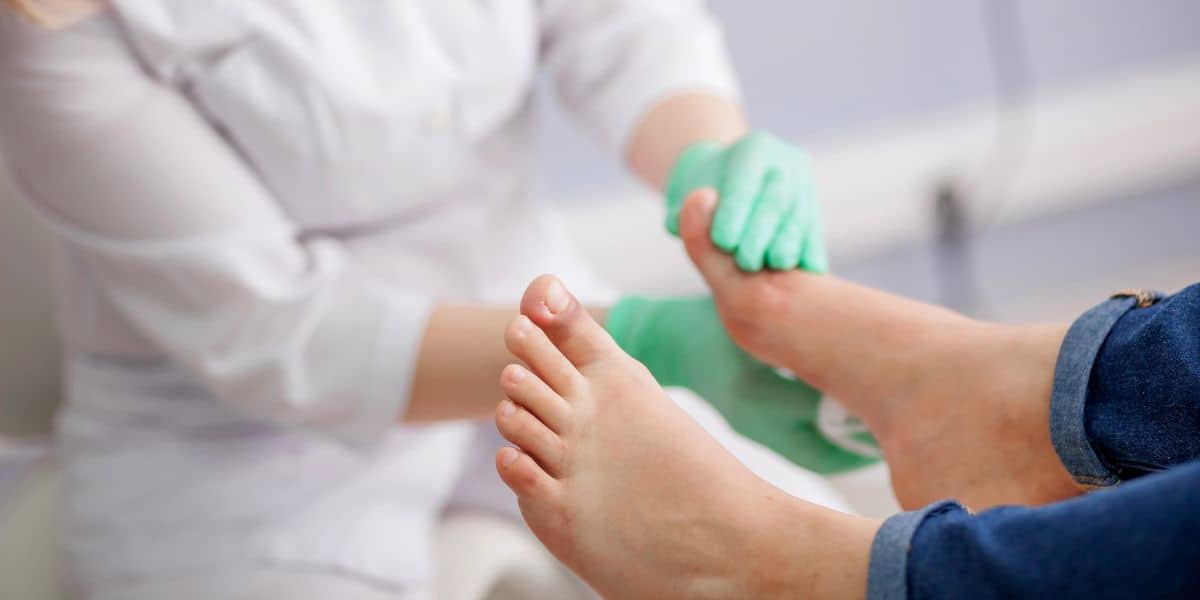 Listen Now
Non-Surgical Treatment for Plantar Fasciitis – What Are Your Options?
Read More
Listen Now
Non-Surgical Treatment for Plantar Fasciitis – What Are Your Options?
Read More
-
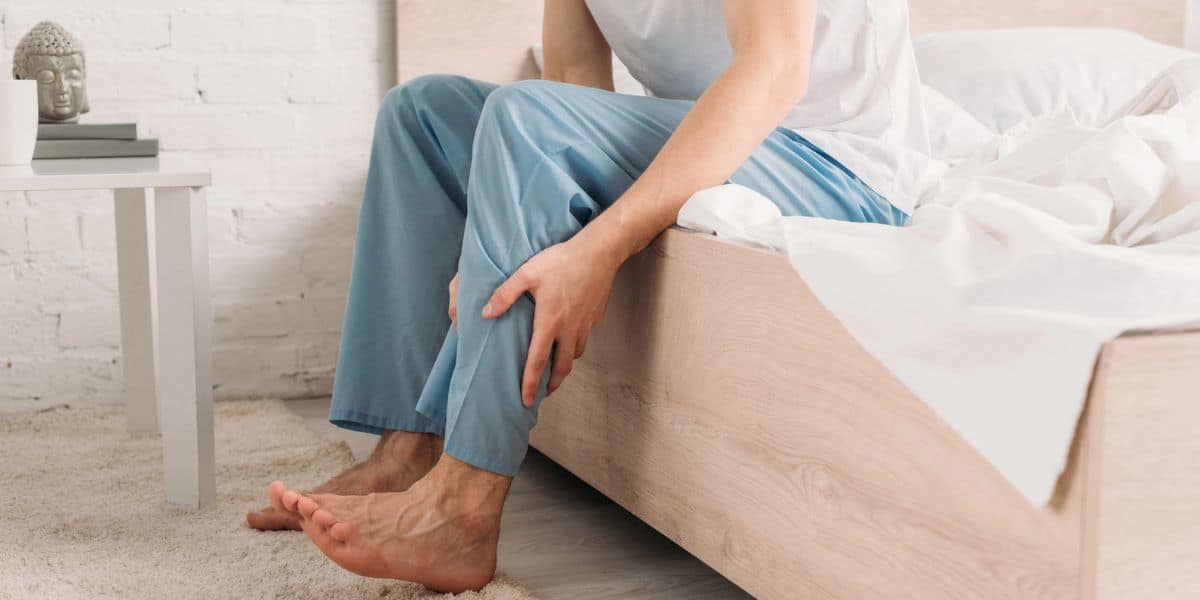 Listen Now
What Are Shin Splints?
Read More
Listen Now
What Are Shin Splints?
Read More
-
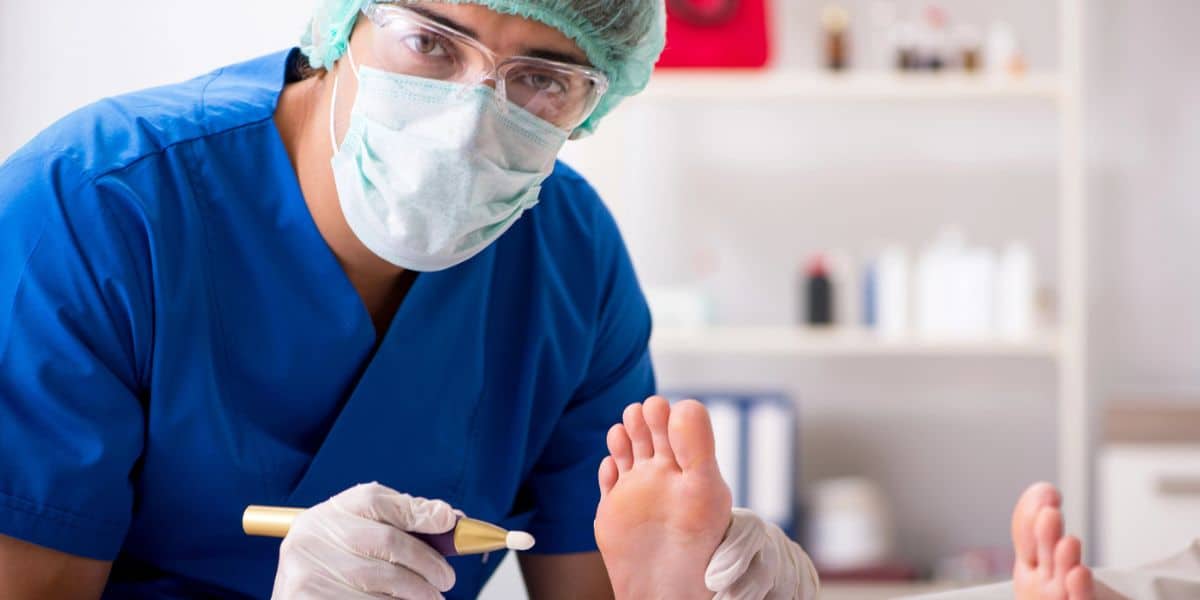 Listen Now
Should I See a Podiatrist or Orthopedist for Foot Pain and Ankle Problems?
Read More
Listen Now
Should I See a Podiatrist or Orthopedist for Foot Pain and Ankle Problems?
Read More
-
 Listen Now
Bunion Surgery for Seniors: What You Need to Know
Read More
Listen Now
Bunion Surgery for Seniors: What You Need to Know
Read More
-
 Listen Now
15 Summer Foot Care Tips to Put Your Best Feet Forward
Read More
Listen Now
15 Summer Foot Care Tips to Put Your Best Feet Forward
Read More
-
 Listen Now
Do Blood Pressure Medicines Cause Foot Pain?
Read More
Listen Now
Do Blood Pressure Medicines Cause Foot Pain?
Read More
-
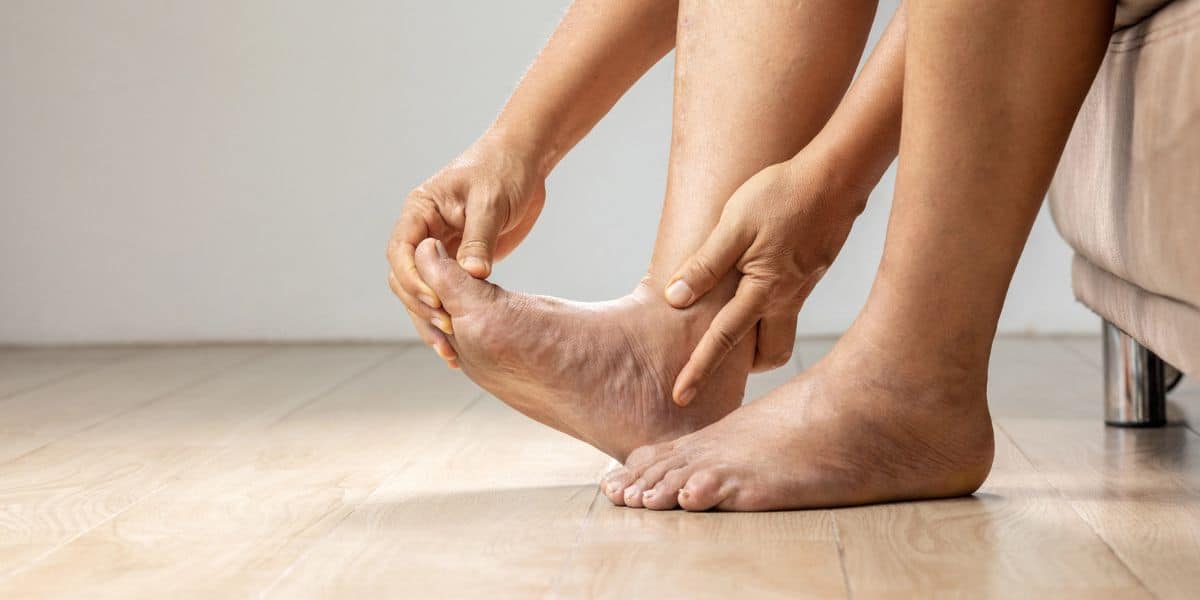 Listen Now
Top 10 Non-Surgical Treatments for Morton's Neuroma
Read More
Listen Now
Top 10 Non-Surgical Treatments for Morton's Neuroma
Read More
-
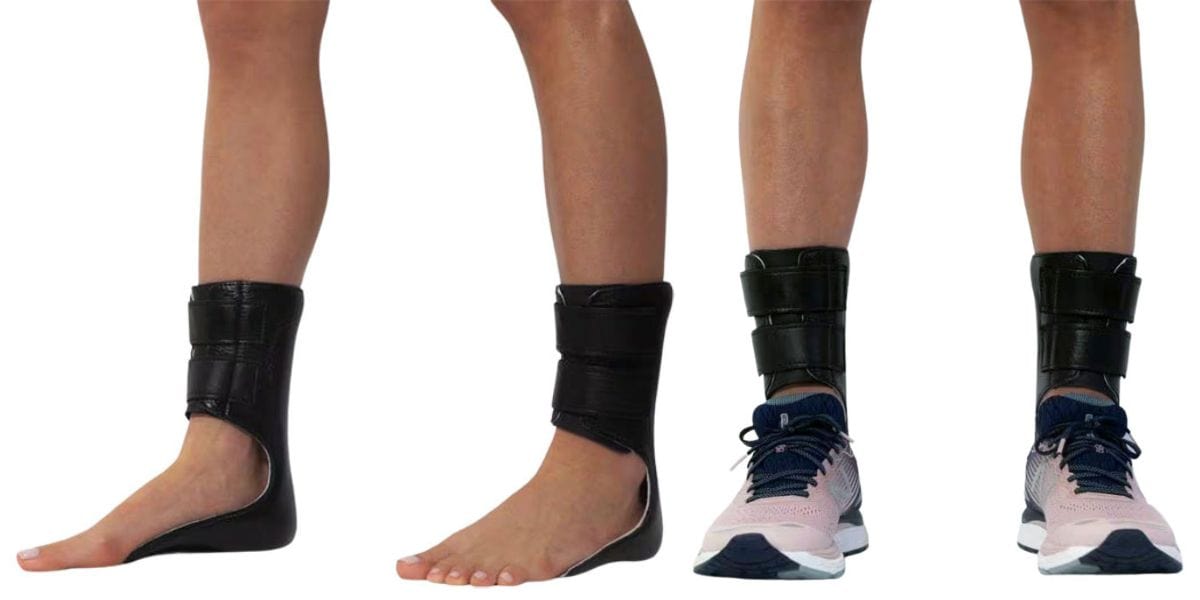 Listen Now
Moore Balance Brace: Enhance Stability and Prevent Falls for Better Mobility
Read More
Listen Now
Moore Balance Brace: Enhance Stability and Prevent Falls for Better Mobility
Read More
-
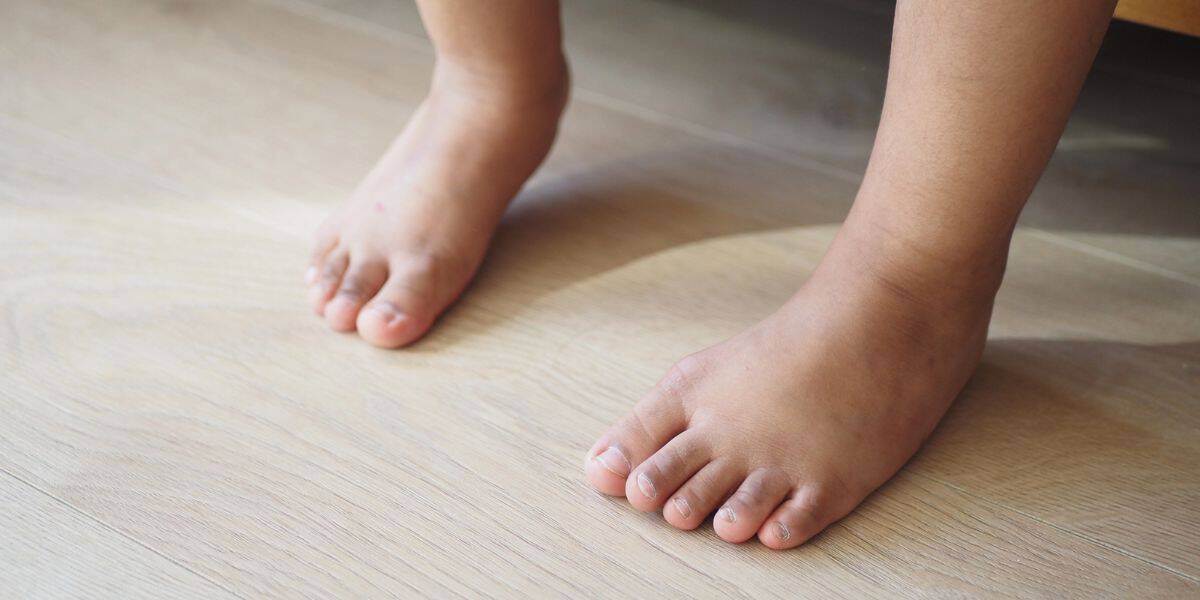 Listen Now
Pediatric Bunion Surgery
Read More
Listen Now
Pediatric Bunion Surgery
Read More
-
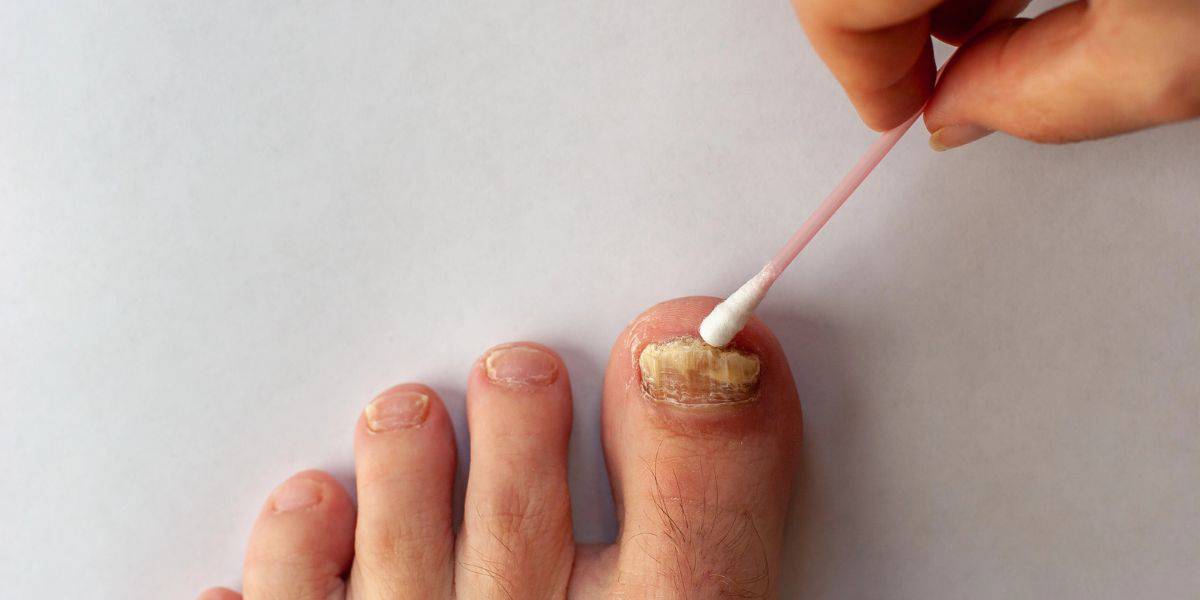 Listen Now
What To Do When Your Toenail Is Falling Off
Read More
Listen Now
What To Do When Your Toenail Is Falling Off
Read More
-
 Listen Now
Swollen Feet During Pregnancy
Read More
Listen Now
Swollen Feet During Pregnancy
Read More
-
 Listen Now
How Many Steps Do I Need A Day?
Read More
Listen Now
How Many Steps Do I Need A Day?
Read More
-
 Listen Now
Is Bunion Surgery Covered By Insurance?
Read More
Listen Now
Is Bunion Surgery Covered By Insurance?
Read More
-
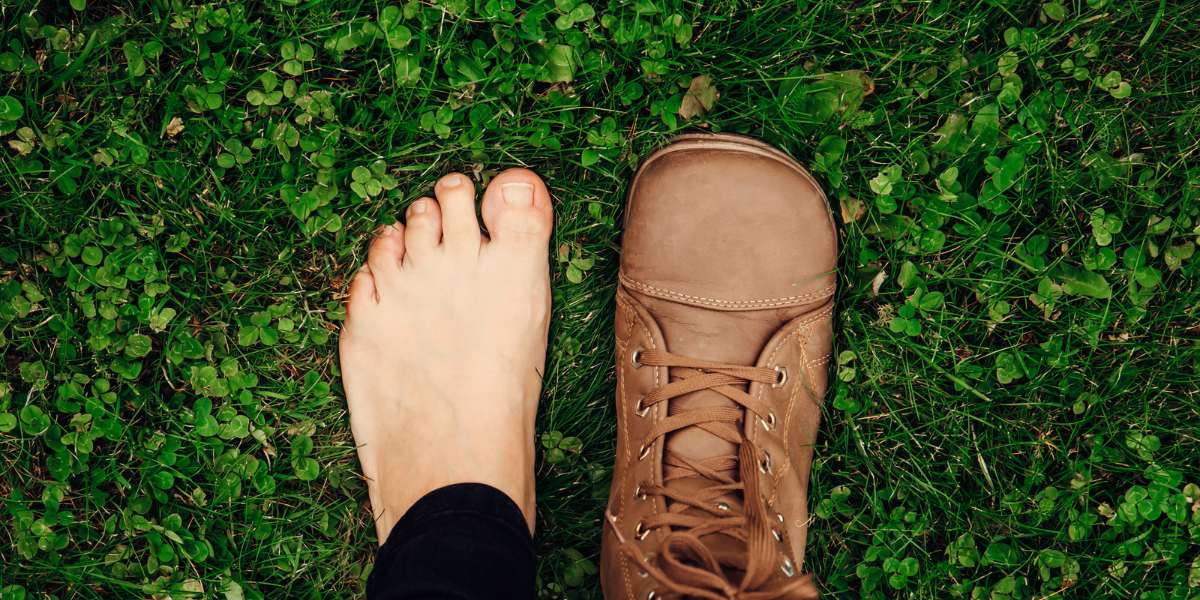 Listen Now
How To Tell If You Have Wide Feet
Read More
Listen Now
How To Tell If You Have Wide Feet
Read More
-
 Listen Now
Bunion Surgery for Athletes: Can We Make It Less Disruptive?
Read More
Listen Now
Bunion Surgery for Athletes: Can We Make It Less Disruptive?
Read More















